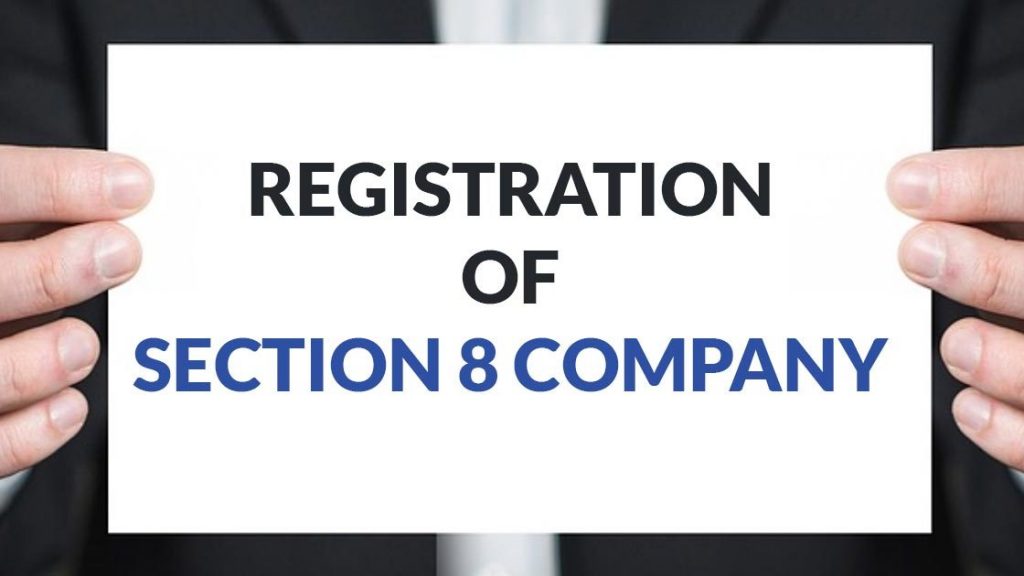NGOs are abbreviated as non-governmental organisations. Any organization functioning for the welfare of social, cultural, economic, educational, or religious purposes is known as an NGO. It can be initiated in various forms.[1]
- Trust (which can be formed under a trust deed and registered with the Income Tax Authority). The relevant authority for the registering trust are “Deputy Registry and Charitable Commissioner.”
- Society (which can be formed and registered under the Societies Registration Act of 1860). The relevant authority for registering societies is the “Registrar of Society.”
- A limited company incorporated under Section 25 of the Companies Act.
- Section 8 of the Companies Act, 2013.
These organisations are not part of the government; they have legal status and are registered under the above-specified act.
CONSTITUTIONAL PROVISIONS RELATING TO THE NGOs:
- Article 19(1)(c) provides the right to form an association.
- Article 43 provides, “The State shall endeavour to secure, by suitable legislation or economic organisation or in any other way, to all workers, agricultural, industrial, or otherwise, work, a living wage, conditions of work ensuring a decent standard of life and full enjoyment of leisure and social and cultural opportunities, and, in particular, the State shall endeavour to promote cottage industries on an individual or cooperative basis in rural areas.”[2]
REGISTRATION FOR RECEIVING FUNDS FROM THE FOREIGN SOURCES:
Laws relating to NGOs are governed by FCRA,2010 and FEMA ,1999[3]. It has made it mandatory for all NGOs to seek prior approval or permanent registration under these Acts to receive funds from foreign sources.
WHO CAN ACCEPT AND WHO ARE DEBARRED FROM THE FOREIGN CONTRIBUTION:
Any NGOs working for the welfare of the public based on social, cultural, economic, religious, or educational programs can get funds from foreign sources only if they are registered with the Home Ministry and maintain a separate bank account that should list the donations received from foreigners, get audited by the Chartered Accountant (CA), and submit it to the Home Ministry. Judges, political parties, and candidates contesting the election, registered newspaper publishers, editors, cartoonists, government employees, or servants of the corporation are barred from receiving funds from foreign sources.[4]
WHAT ARE THE REGULATIONS UNDER FEMA,1999:
The Foreign Exchange Management Act (1999) consolidates and amends laws on foreign exchange to facilitate trade and maintain an orderly market in India. Transactions under FEMA are fees or salaries, while under FCRA, they are grants or contributions. In 2016, NGO monitoring powers shifted to FEMA for unified regulation. Therefore, the FEMA can monitor and regulate the NGOs to facilitate foreign contributions for public purposes.
LEGISLATIONS UNDER INDIAN LAWS
In India, NGOs can register under various laws, each with distinct regulations and requirements:
- Trusts: Public charitable institutions registered with the Charity Commissioner, governed by the Indian Trusts Act of 1882 and the Bombay Public Trust Act of 1950.
- Societies: Governed by the Societies Registration Act of 1860, with large memberships electing a governing body for charitable, literary, scientific, or educational purposes.
- Section 8 Companies: Formed under the Companies Act of 2013 for purposes like charity, requiring a memorandum and articles of association.
- Cooperative Societies: Governed by the Multi-State Co-operative Societies Act of 2002, formed to meet common needs through democratic control.
- An NGO must obtain Section 80G registration to be qualified for an 80G
- Registration under Section 12A of the Income Tax Act, 1961: This kind of registration is not required. The registration is only valid for 5 years and must be renewed every 5 years.
We can register the NGOs under the above-mentioned acts.[5]
REQUIREMENTS FOR REGISTRATION OF NGOs:
- Passport-size photographs of the directors or members
- Copy of Aadhar Card
- Copy of voter ID or driving licence
- Copy of PAN Card
- Copy of the latest bank statement for address proof
- There are no objection certificates from the owner of the property.
PROCESS OF NGO REGISTRATION:
PROCESS | TRUST | SOCIETY | SECTION 8 |
Step 1 | Application for name approval | Application for name approval | Application for a Digital Signature Certificate (DSC) |
Step 2 | Drafting and filing of bylaws | Drafting of a Memorandum of the Society | Application for name availability |
Step 3 | Approval of Trust Deed | Filing of Memorandum | Application for Section 8 License |
Step 4 | Approval of trust registration from the registrar of companies | Approval of the rules and regulations of the Memorandum | Filling out the SPICe Form [6] |
Step 5 | Issuance of the registration certificate and application for PAN and TAN | Issuance of the registration certificate and memorandum | |
Step 6 | – | – | Issuance of registration certificates and applications for PAN and TAN |
After the incorporation of the NGOs, they will get the following documents:
If it is registered under Section 8 of the Companies Act, 2013
- Certificate of Incorporation
- Section 8 license
- PAN[9] and TAN[10] of the company
- AOA and MOA
- Director Identification Number (DIN)
- Digital Signature Certificate (DSC)
- EPF and ESIC registration documents
- Company Master Data
If it is registered as a trust,
- Registration Certificate
- Trust deed If it is registered as a society,
- Registration certificate
- Memorandum
- Approved members list
AUTHOR:
Thirisha S, 4th-year student of B.A., LL.B. (Hons.) from School Of Excellence in Law.


